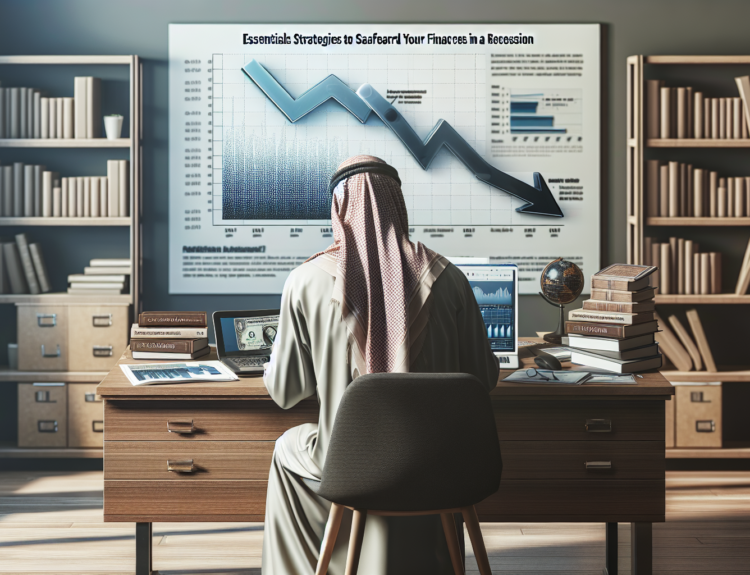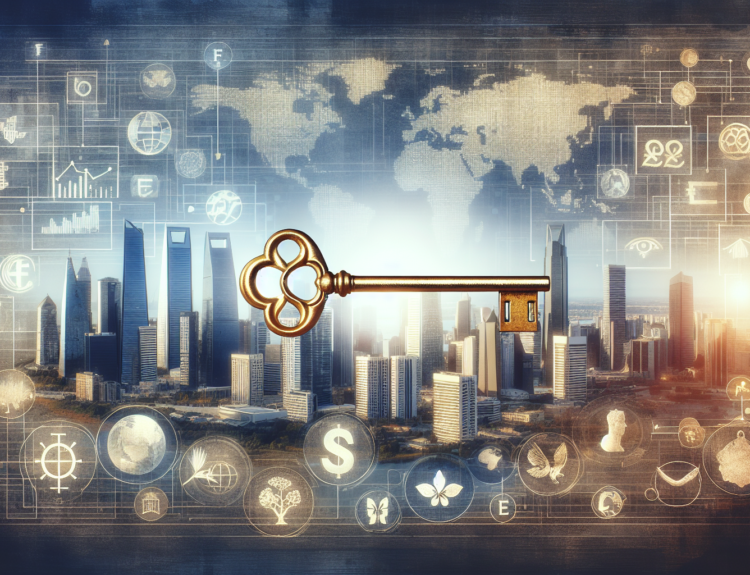Political Uncertainty and Its Impact on the Economy: Understanding the Link
In today’s global landscape, political uncertainty is an ever-present concern, especially as it has the potential to significantly influence economic dynamics. The interplay between political events and economic outcomes can be complex, often leading to investor anxiety and market volatility. In this blog post, we will delve into how political uncertainty affects the economy, the mechanisms behind this relationship, and real-world examples that illustrate these dynamics.
Understanding Political Uncertainty
Political uncertainty refers to the unpredictability associated with governmental policies, political stability, and potential shifts in leadership. Factors contributing to political uncertainty include elections, changes in policy direction, trade negotiations, and international relations. Such an environment can create a cloud of doubt regarding future economic conditions, which can hinder investment and growth.
How Political Uncertainty Influences the Economy
-
Investment Hesitancy
- Businesses tend to delay or scale back investments during periods of political uncertainty. When companies cannot anticipate government regulations or economic policies, they become cautious about committing capital, which ultimately slows down economic growth. A Harvard Business Review study noted that investment spending tends to drop by up to 20% during times of significant political uncertainty.
-
Market Volatility
- Unpredictable political events often lead to increased volatility in financial markets. Stocks may swing dramatically in reaction to news about elections, policy changes, or international conflicts. For example, following the uncertainty surrounding Brexit, the British pound experienced significant fluctuations, reflecting investor concerns about the U.K.'s economic future.
-
Consumer Confidence
- Political uncertainty can also dampen consumer confidence, which is crucial for economic stability. When consumers are unsure about the political landscape, they may reduce spending, impacting overall demand in the economy. The University of Michigan's Consumer Sentiment Index, which measures consumer attitudes, often reflects dips during election cycles or significant political events.
Real-World Examples of Political Uncertainty Affecting the Economy
-
The U.S.-China Trade War
The ongoing trade tensions between the U.S. and China serve as a prime example of how political uncertainties affect global economies. Tariffs imposed have led to rising costs for consumers and businesses, creating an environment of hesitation among investors. According to McKinsey & Company, companies have altered their supply chains or stifled expansion plans due to the unpredictability of trade policies. -
Brexit
The United Kingdom’s decision to leave the European Union has been characterized by ongoing political uncertainty. Markets reacted sharply to various developments in the Brexit negotiations, demonstrating how uncertainty surrounding regulation and trade can lead to economic instability. Following the referendum in 2016, the U.K. experienced a slowdown in economic growth, as businesses struggled to navigate the new political realities. -
Upcoming Elections
In various countries, upcoming elections can trigger economic apprehensions. For instance, during the lead-up to the U.S. presidential elections, stock markets often show increased volatility as investors react to the potential policies of candidates. The anticipation of changes in taxation, trade agreements, and regulation can significantly influence market behavior and economic forecasts.
Mitigating Political Risk in Investment Decisions
Understanding the relationship between political uncertainty and the economy is vital for investors and businesses alike. Here are ways to mitigate risks associated with political uncertainty:
- Diversification: By spreading investments across different sectors and regions, investors can lessen the impact of political events on their portfolios.
- Staying Informed: Keeping abreast of political developments and potential impacts on economic policy can help investors anticipate market volatility and adjust their strategies accordingly.
- Risk Assessment: Companies should conduct thorough risk assessments to analyze how political events could impact their operations and develop contingency plans.
Conclusion: Navigating Through Uncertainty
Political uncertainty and the economy are deeply interconnected, influencing investment strategies, consumer behavior, and overall economic growth. Understanding this relationship is essential for navigating potential risks and making informed decisions in an uncertain world.
As we continue to face geopolitical tensions and domestic political shifts, staying aware of these dynamics will be critical for both businesses and investors in forecasting economic conditions.
Tags:
#PoliticalUncertainty #Economy #InvestmentStrategy #MarketVolatility #ConsumerConfidence
Categories:
- Economics
- Political Analysis
- Market Trends
Call to Action:
What are your thoughts on the impact of political uncertainty on the economy? Share your insights in the comments below, and don’t forget to subscribe for more updates on economic trends and political analysis!



